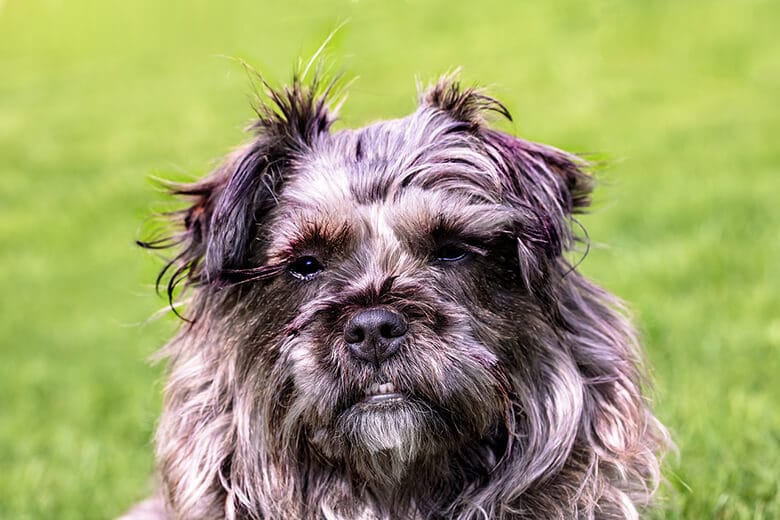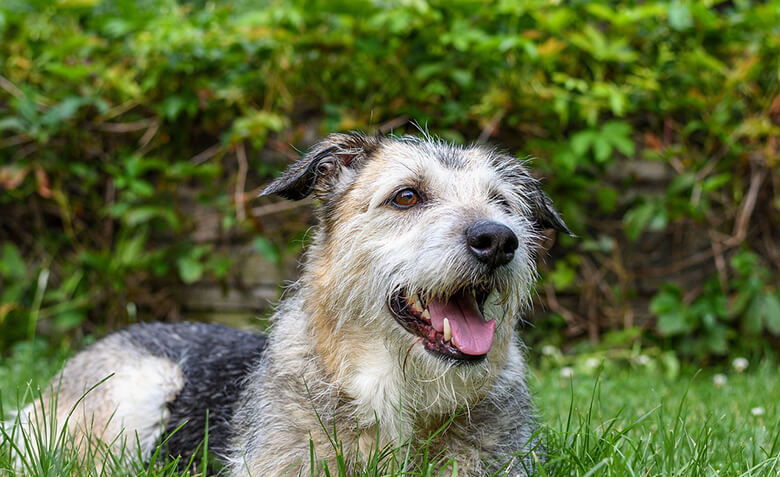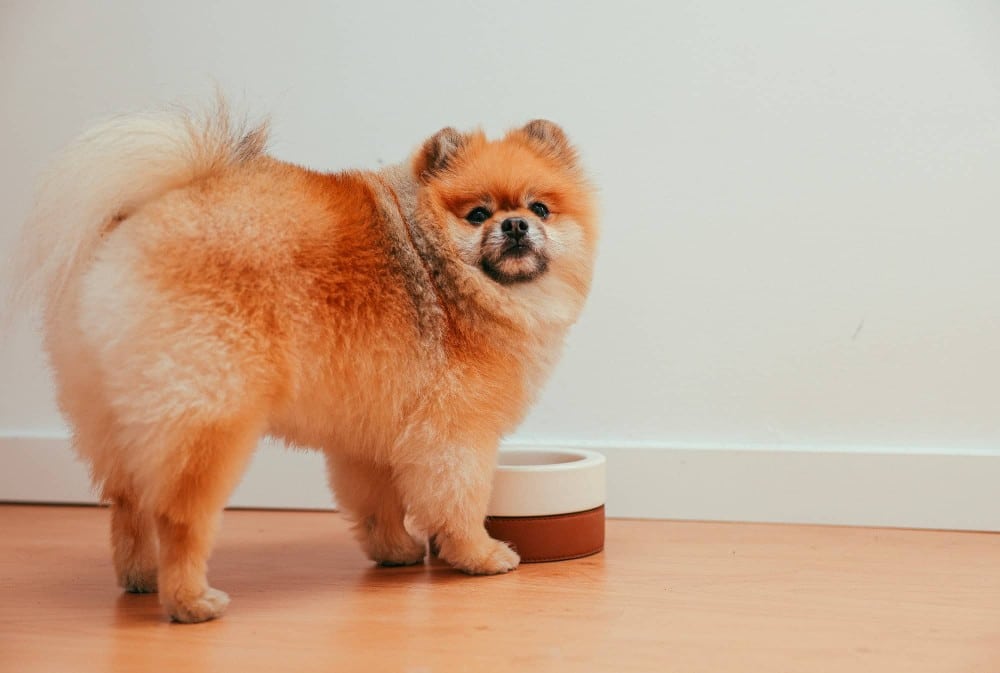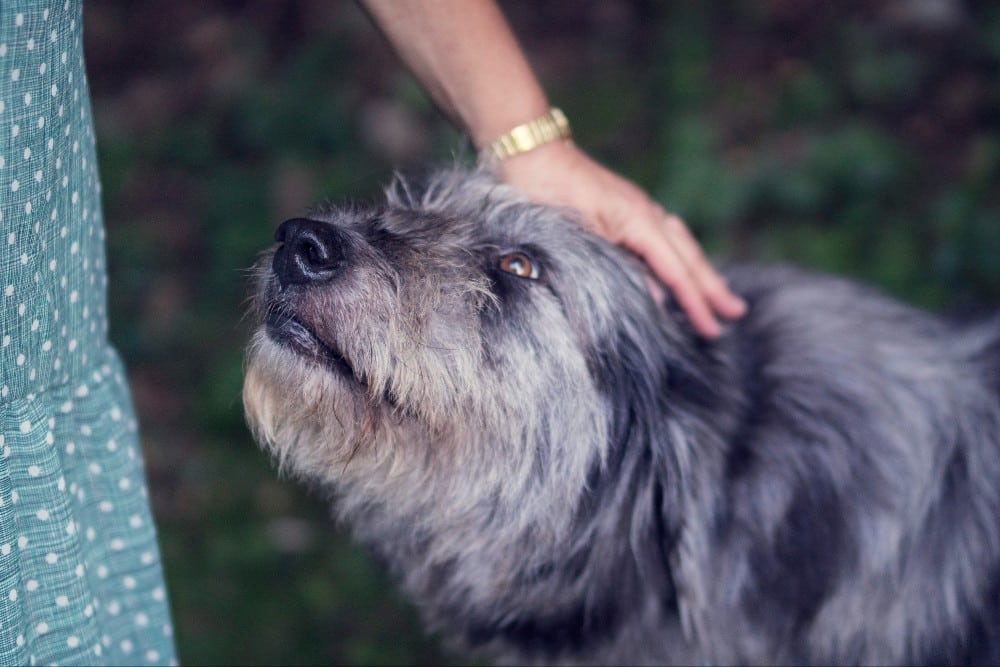We all want our dogs to be healthy, but despite good food, plenty of exercise, grooming and love, our dogs may have to visit the vet for something other than a regular checkup. Accidents can happen or the occasional cold. And sometimes, it’s more serious.
That’s because there are some breeds that are more prone to hereditary health conditions than others. And some of these conditions are life-threatening. But there’s good news, too.
If you’re thinking of buying a puppy, a good breeder aims to breed out genetic conditions. For all breeds, good nutrition, exercise and proper care goes a long way to lifelong good health. But there are some breeds that are less prone to health problems than others (and can also be rescued, too!).
Related: 10 Breeds That Are Prone to Allergies
Here are some of the healthiest dog breeds in the canine kingdom.
1. Australian Cattle Dogs
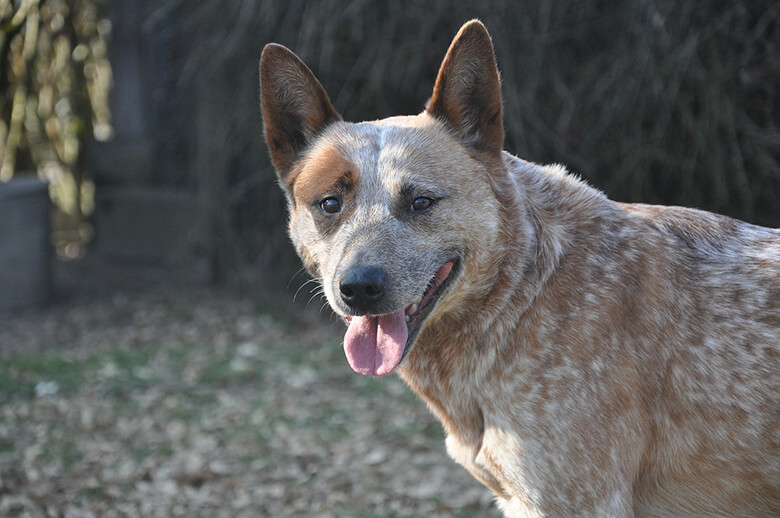
These rugged dogs are intelligent, energetic and active. With good care and lots of exercise, the Australian Cattle Dog doesn’t have a history of any life threatening canine conditions. Bred to be working dogs, they are a hearty breed used to rough conditions herding cattle. They generally have a lifespan of 12 to 15 years, but this breed can live longer. One of the oldest dogs that ever lived was an Australian Cattle Dog named Bluey, who lived to be 29 years and 5 months, from 1910 to 1939.
2. Border Collies
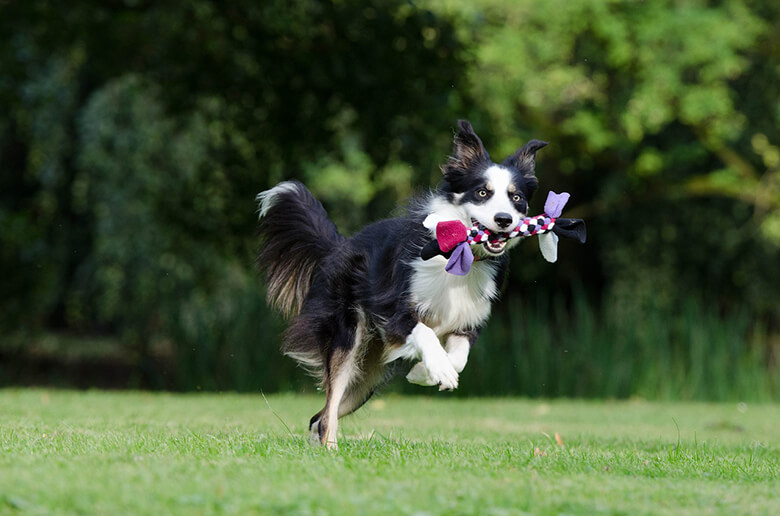
Another working dog, the Border Collie is known to be one of the most intelligent breeds in the dog world. Bred to herd sheep, they need a lot of exercise and mental stimulation; they do great in agility and other dog sports. They do have a compulsion to herd, including other dogs at a dog park. Border Collies are alert dogs that are sensitive to their human, which makes them extremely trainable. Plus, because they are extremely hearty with only minor health problems, these high-energy dogs have a lifespan of 13 to 15 years.
3. Chihuahuas
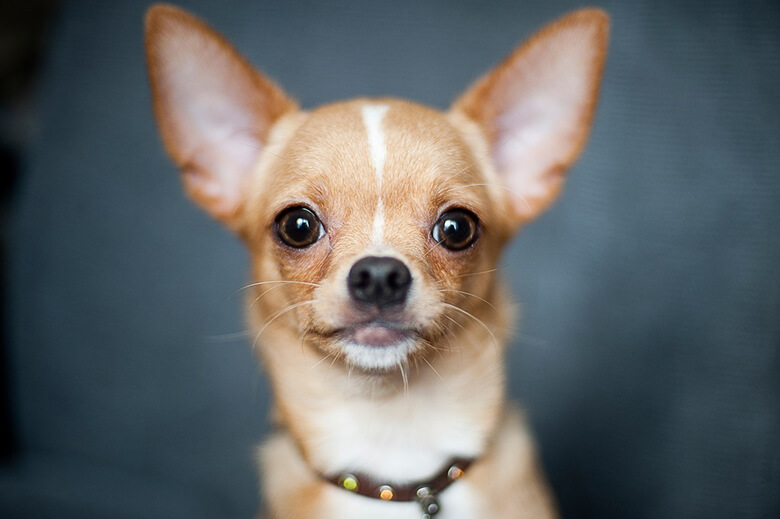
The small but mighty Chihuahua is generally very healthy; they are naturally small rather than the result of breeding-down like some new miniature dogs. Known for their big personalities, they are intelligent, energetic and very affectionate. They bond intensely with their people, but need training to avoid becoming overprotective and demanding. Chihuahuas do not have any major genetic conditions, but they do need protection from the cold, and their teeth should be brushed daily because the breed’s tiny mouth makes them vulnerable to gum disease. Chihuahuas can live from 15 to 20 years.
4. Greyhounds
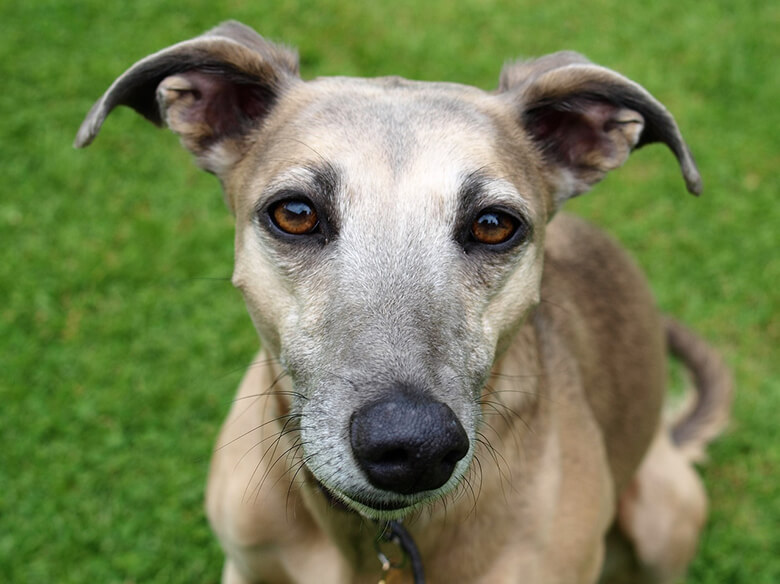
The Greyhound is a gentle, friendly, intelligent, non-aggressive dog that can be overly sensitive to their human’s emotions. They are known as being among the healthiest breeds in the world with very few genetic health conditions. They are very lean dogs, which makes them intolerant to cold. Greyhounds are also among the laziest breeds despite their sprinting speed, however, they do require regular, running time to stay happy and healthy. Their average lifespan is from 12 to 16 years.
Related: Is a Dog’s Personality Determined By His Breed?
5. Muttigrees
Mixed breeds tend to be healthier than purebreds, because they have much less incidence of genetic diseases. The long history of breeding dogs has led to some genetic conditions that have been passed down, but mutts have more of a chance of avoiding these problems. They tend to have a lower rate of hip dysplasia, knee problems, spinal diseases, heart diseases, cancer and other life-threatening illnesses. The Institute of Canine Biology found that mutts have 42 percent less occurrences of genetic disorders.
6. Shiba Inus
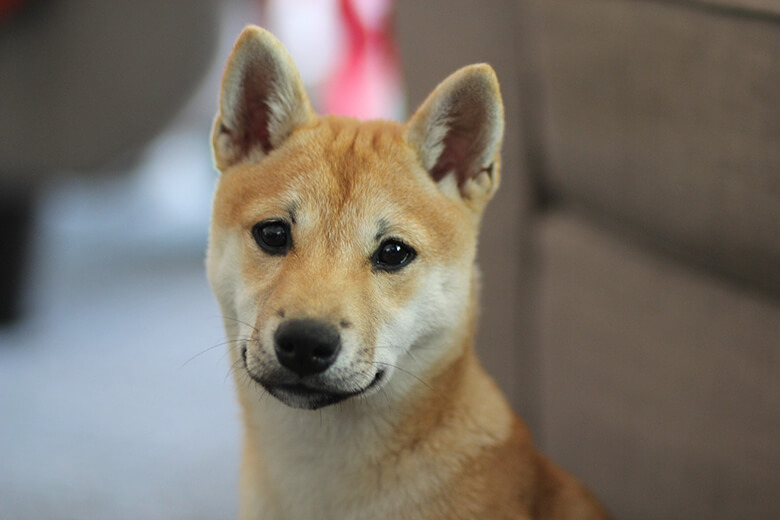
The Shibu Inu is a small but hardy dog, known for intelligence and a bold personality. He is also affectionate, strong-willed and stubborn, and needs lots of socialization and training. The Shibu Inu is a very healthy breed, though it sometimes suffers from allergies. This breed is unreliable off leash and will disappear if a gate is unlocked. They are energetic and need daily exercise. Their average lifespan in 12 to 15 years.
7. Siberian Huskies
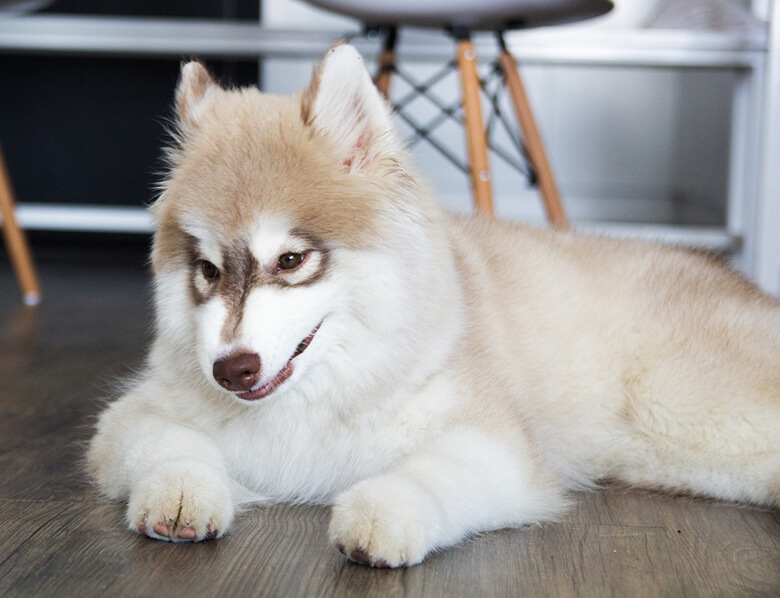
The Siberian Husky is a brilliant and beautiful dog that are born pack dogs; they enjoy multi-dog households and family life. They are gentle, affectionate and friendly to strangers. Born to run, they need lots of exercise, but should always be supervised (on a leash) to prevent them from taking off. (They are quite the escape artists.) They are working dogs and happiest when they have a job, so agility activities, obedience training, long walks and doggie playgroups will make your Husky happy. They are very healthy dogs with no major genetic conditions. Their average lifespan is 12 to 15 years.
8. Whippets
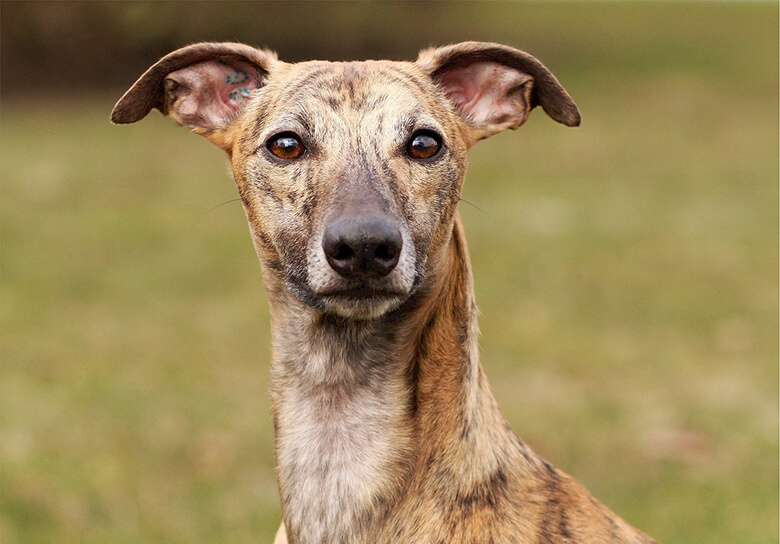
The Whippet is one of the healthiest purebreds. This sleek, gentle, affectionate dog gets along well with other dogs, but needs lots of early socialization to prevent them becoming fearful. They have a very strong prey drive, so homes with a cat are not recommended. This same drive requires all exercise to be supervised: walks on a leash and running in an enclosed yard. They are great family dogs who do well with children. They have no serious genetic conditions, but they do need protection from the cold and from rough terrain. Their average lifespan is 12 to 15 years.
Related: 15 Breeds That Are Susceptible to Hip Problems













